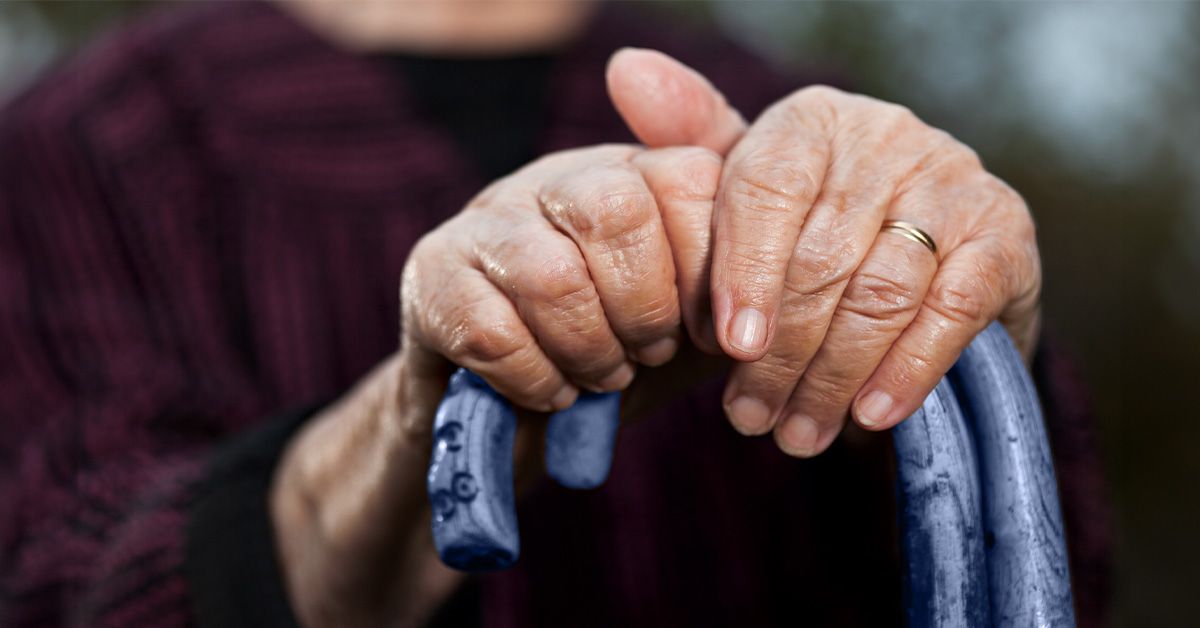Older adults who have experienced a traumatic injury as a result of falling are 21 percent more likely to later receive a diagnosis of Alzheimer’s disease or another related dementia, according to a new study published in JAMA Network Open. The study examined data from over 2 million older adults who had sustained a traumatic injury, with over 10 percent later receiving a diagnosis of some form of dementia. While experts say pinpointing the direct association with falls and dementia is difficult, they suggest that older adults who have been hospitalized after a fall should undergo cognitive testing.
The average age of patients who experienced a fall in the study cohort was 78, with more women falling than men. Adults over 65 who sustain traumatic injuries after a fall are more subject to already developing cognitive decline. Head injuries can contribute to dementia through direct damage to brain cells, with certain types of traumatic brain injury potentially increasing the risk of dementia later in life. Alzheimer’s disease, for example, results from the progressive death of brain cells and neurons.
The connection between falling and the development of any cognitive disease can be a “two-way street,” according to senior author Molly Jarman, PhD, MPH, from Brigham and Women’s Hospital. However, according to first author Alexander Ordoobadi, MD, a direct association between falls and dementia couldn’t be provided by the study’s results. Ordoobadi suggested that older adults who are hospitalized because of a fall should undergo cognitive screening to aid in the early diagnosis of dementia.
Neurologist Clifford Segil, DO, who was not involved in the study, also mentioned that certain types of dementia such as lewy body dementia or Parkinson’s dementia may increase the risk of falls. Conditions associated with aging can result in falls, which can also be linked to the development of dementia or be a sign of it. Segil suggested advising patients with ground-level falls to obtain a simple cognitive screening to assess their risk for dementia, as the data is convincing that patients with frequent falls may benefit from such screening.
In conclusion, older adults who have experienced traumatic injuries due to falling are at an increased risk of receiving a diagnosis of Alzheimer’s disease or another related dementia later in life. While the direct association between falls and dementia is not entirely clear, cognitive testing for older adults hospitalized after a fall may aid in early diagnosis. Addressing both the physical and cognitive aspects of falls in older adults is crucial in preventing the progression of cognitive decline and dementia. Regular cognitive screenings for older adults with a history of falls may help in identifying early signs of dementia and providing appropriate interventions.











